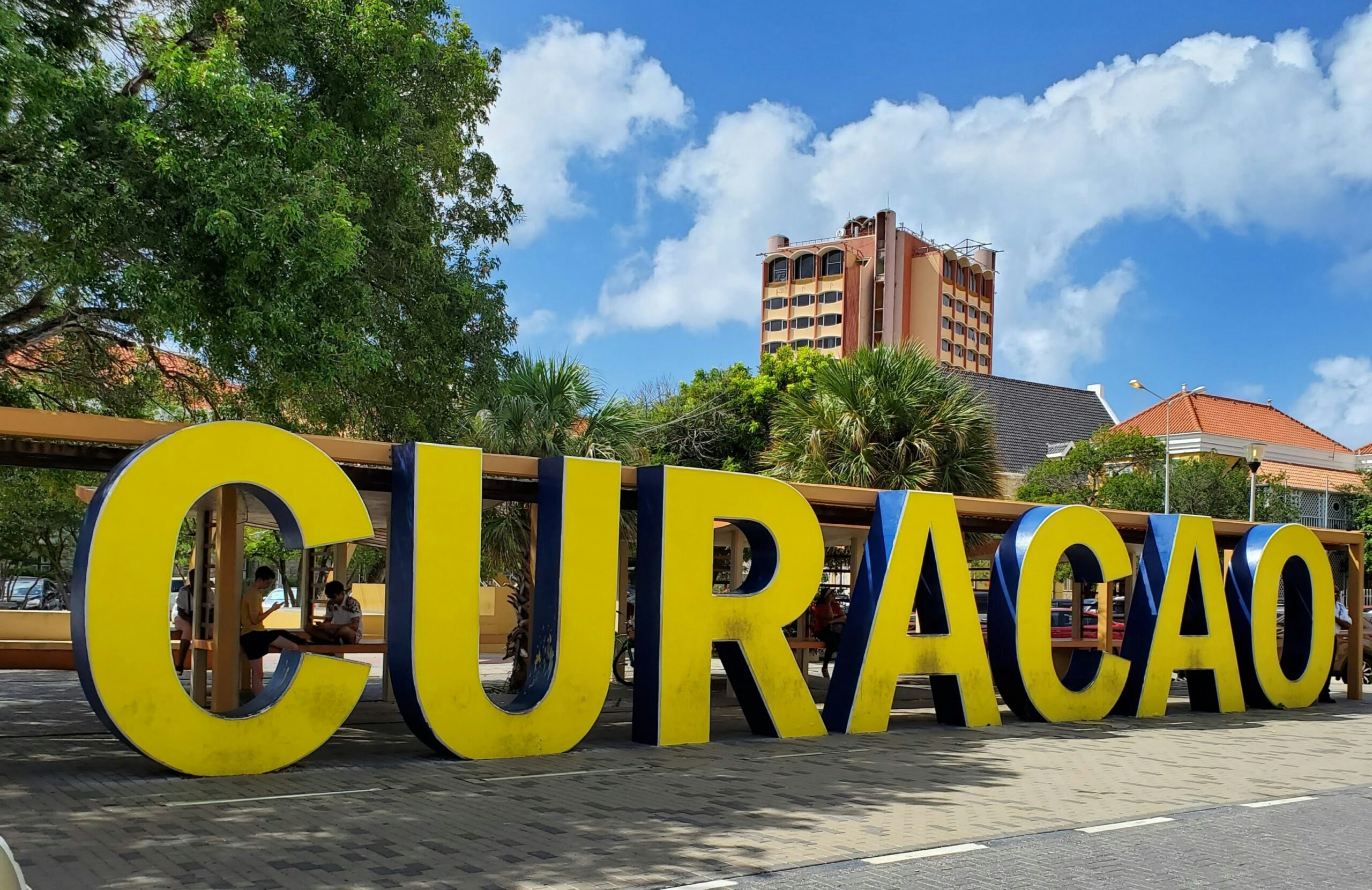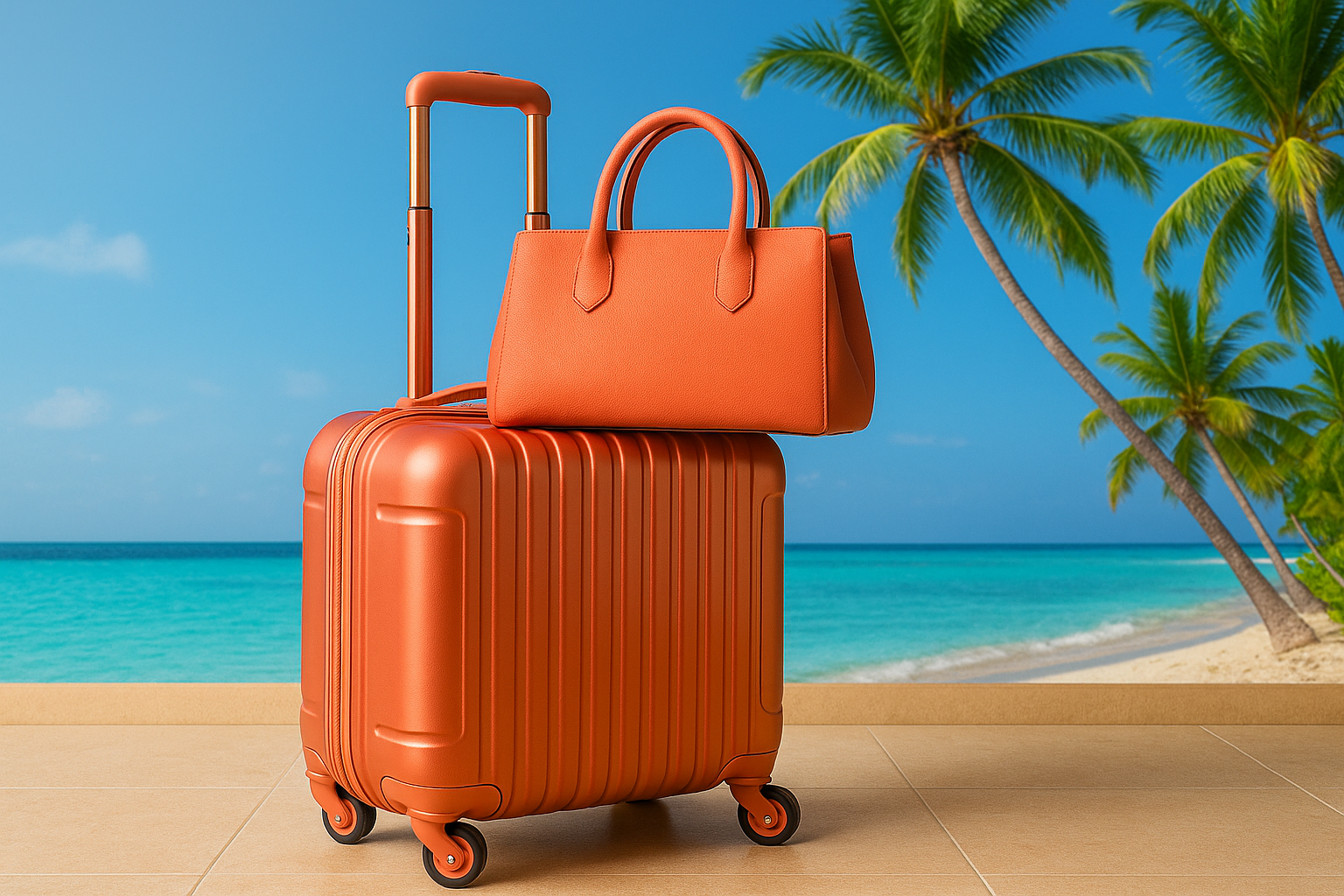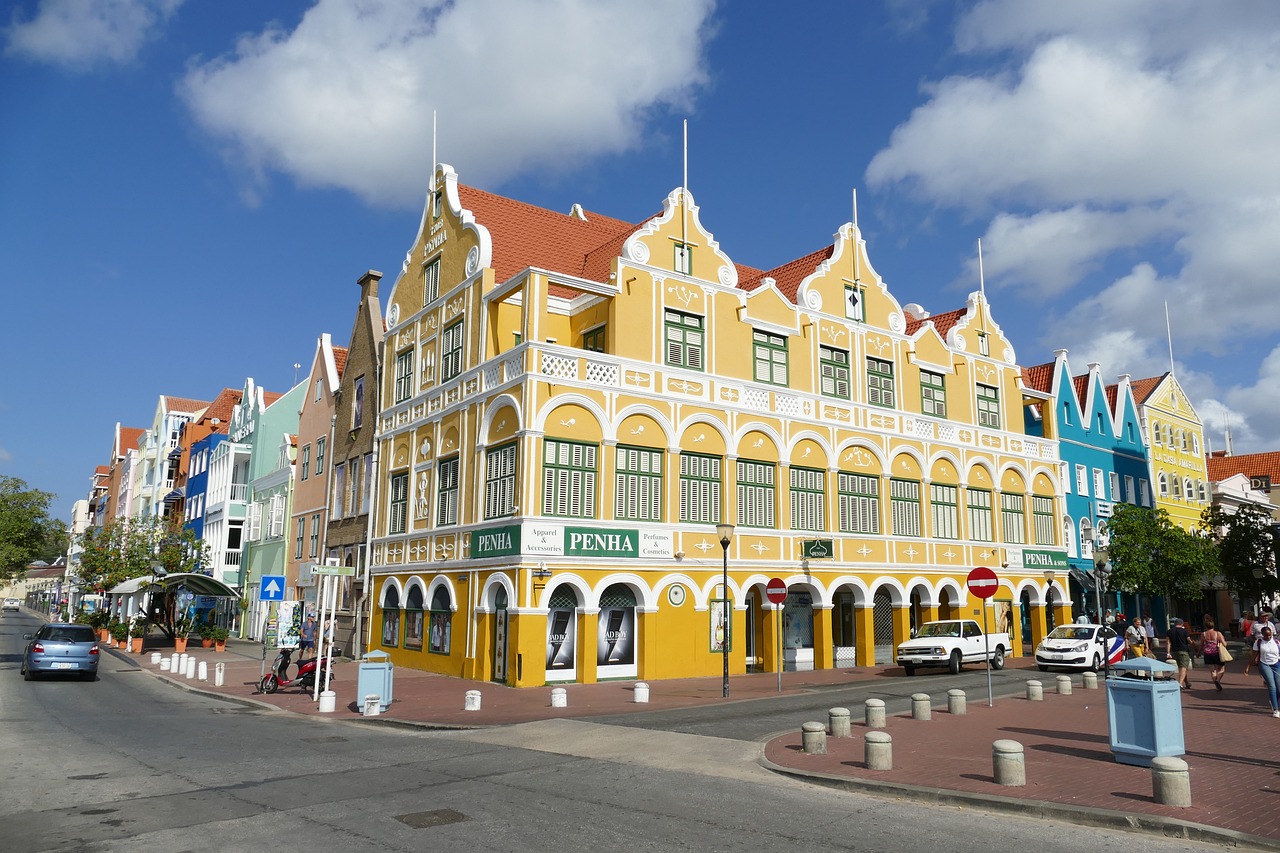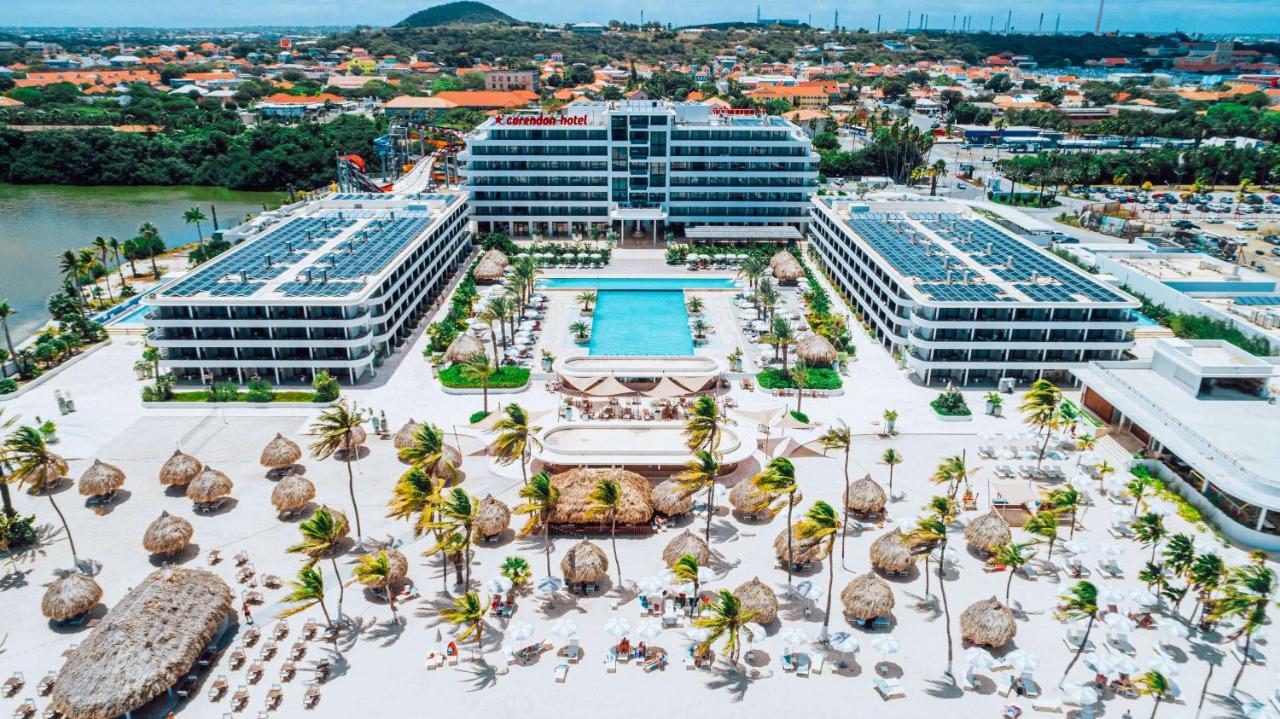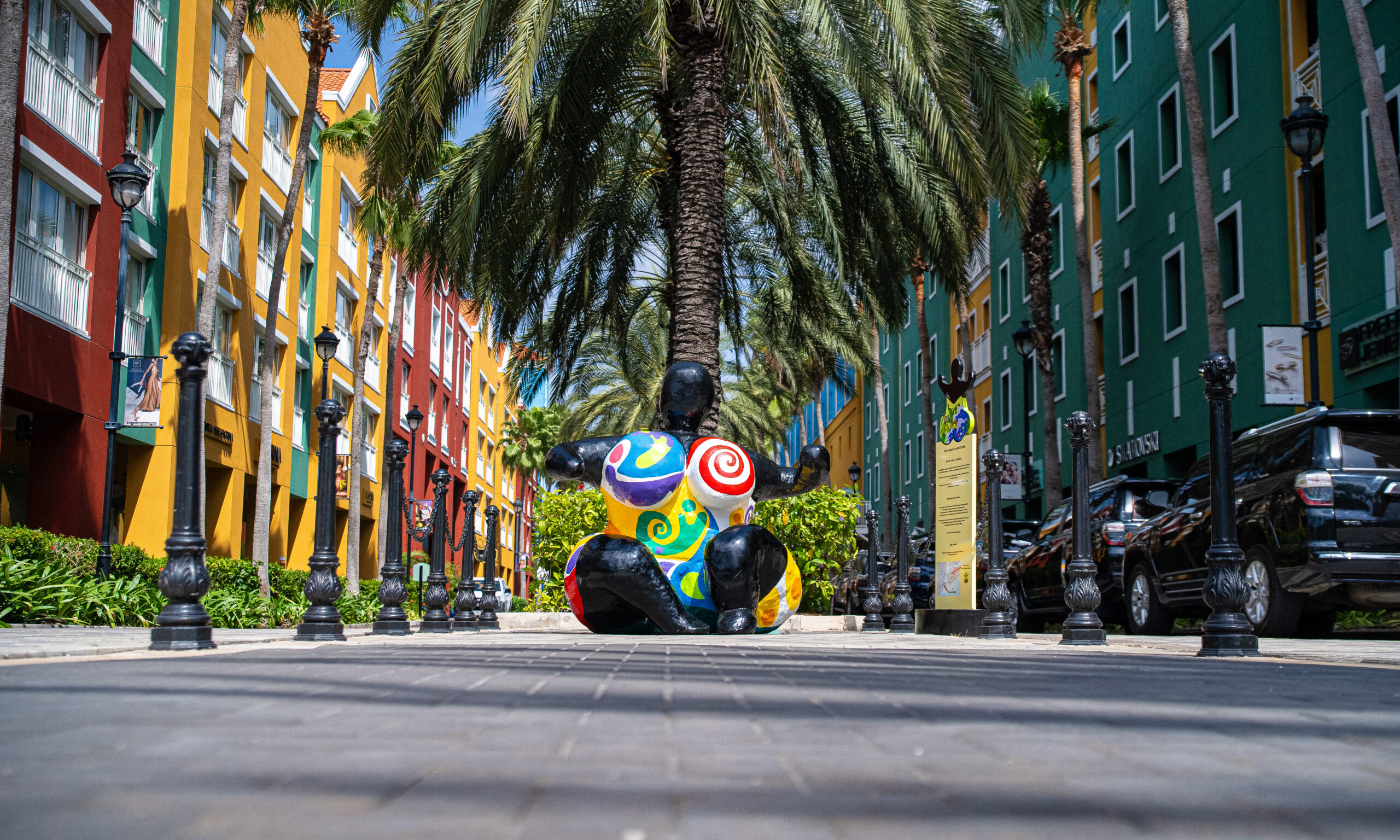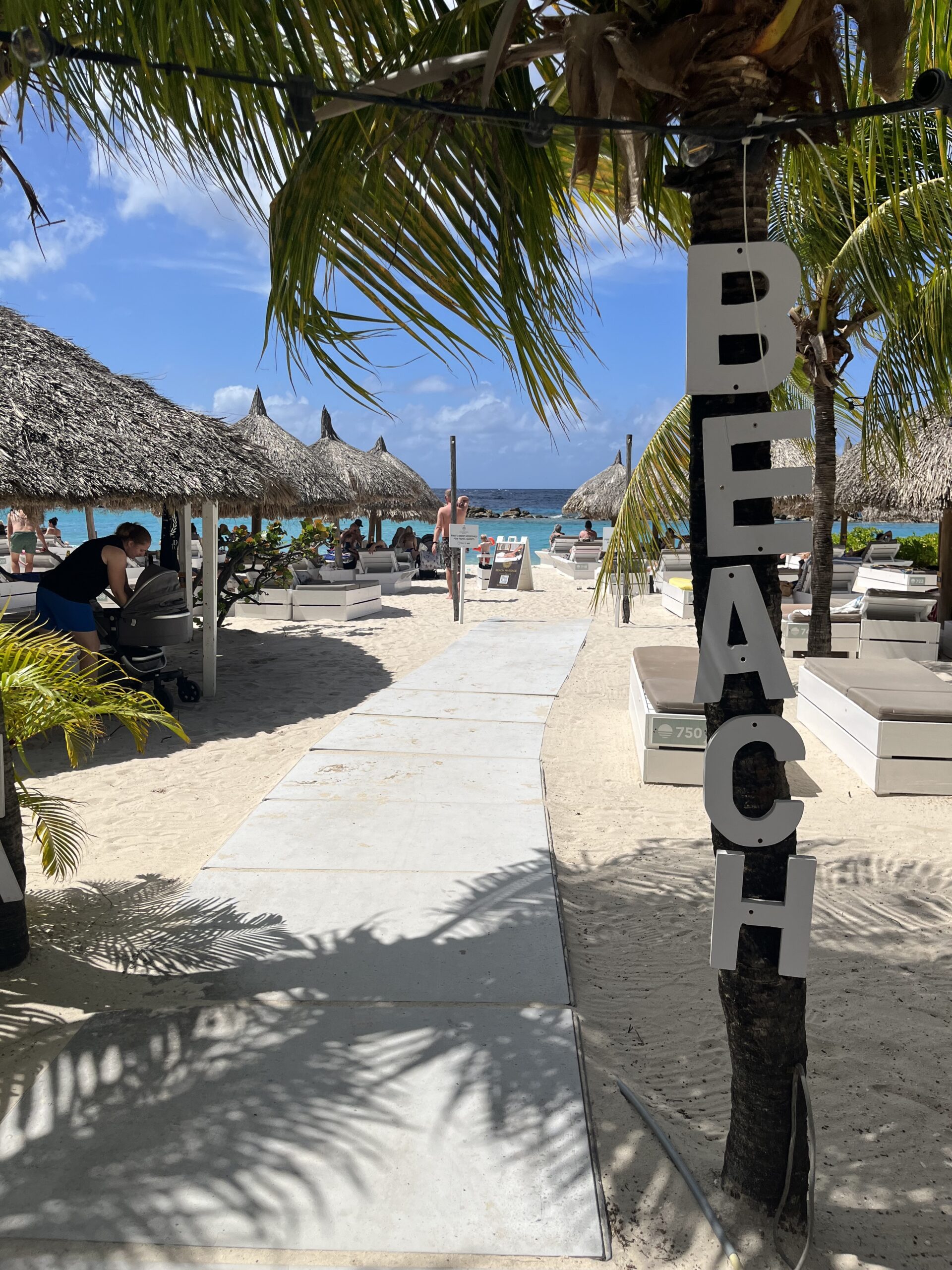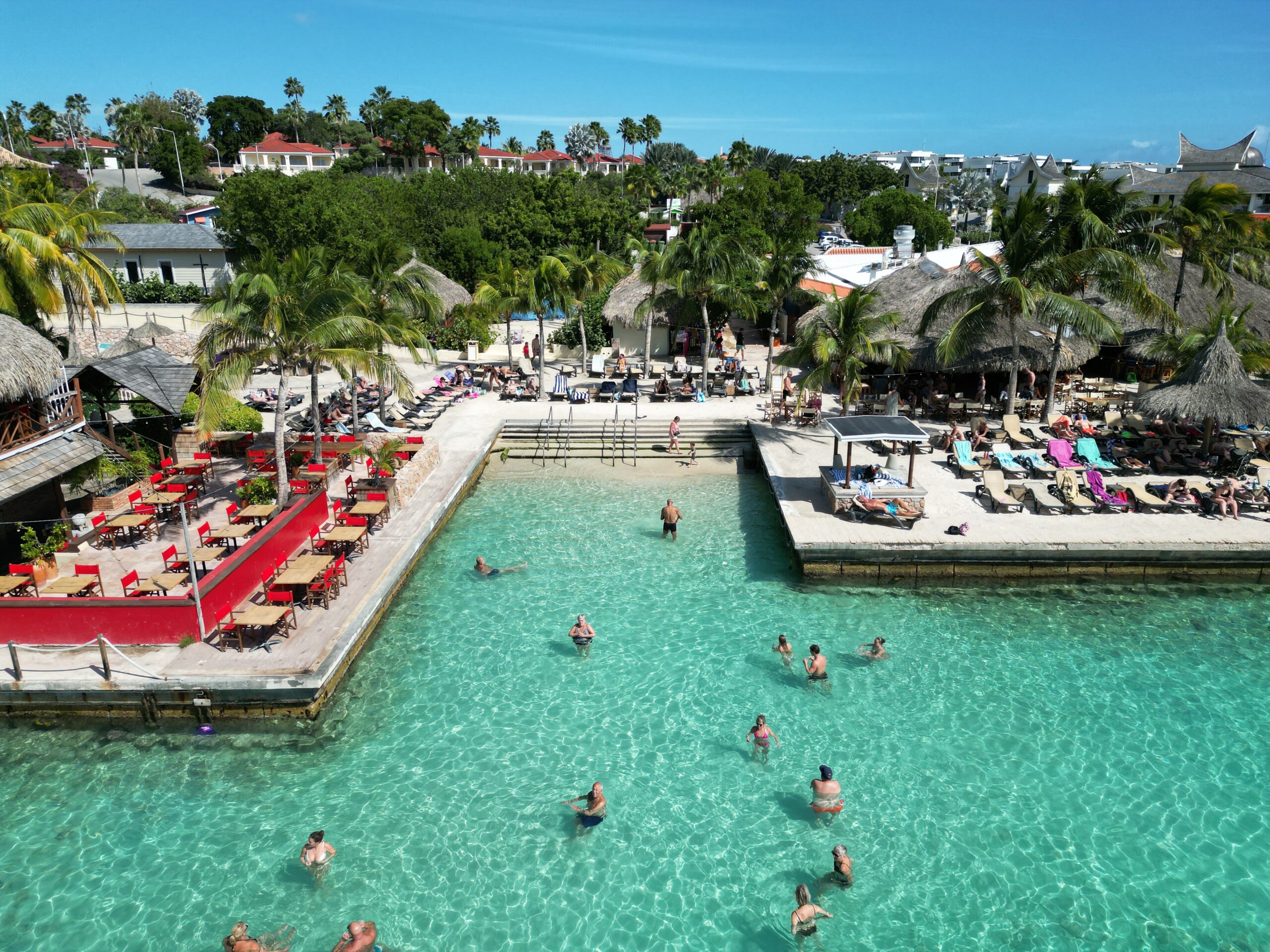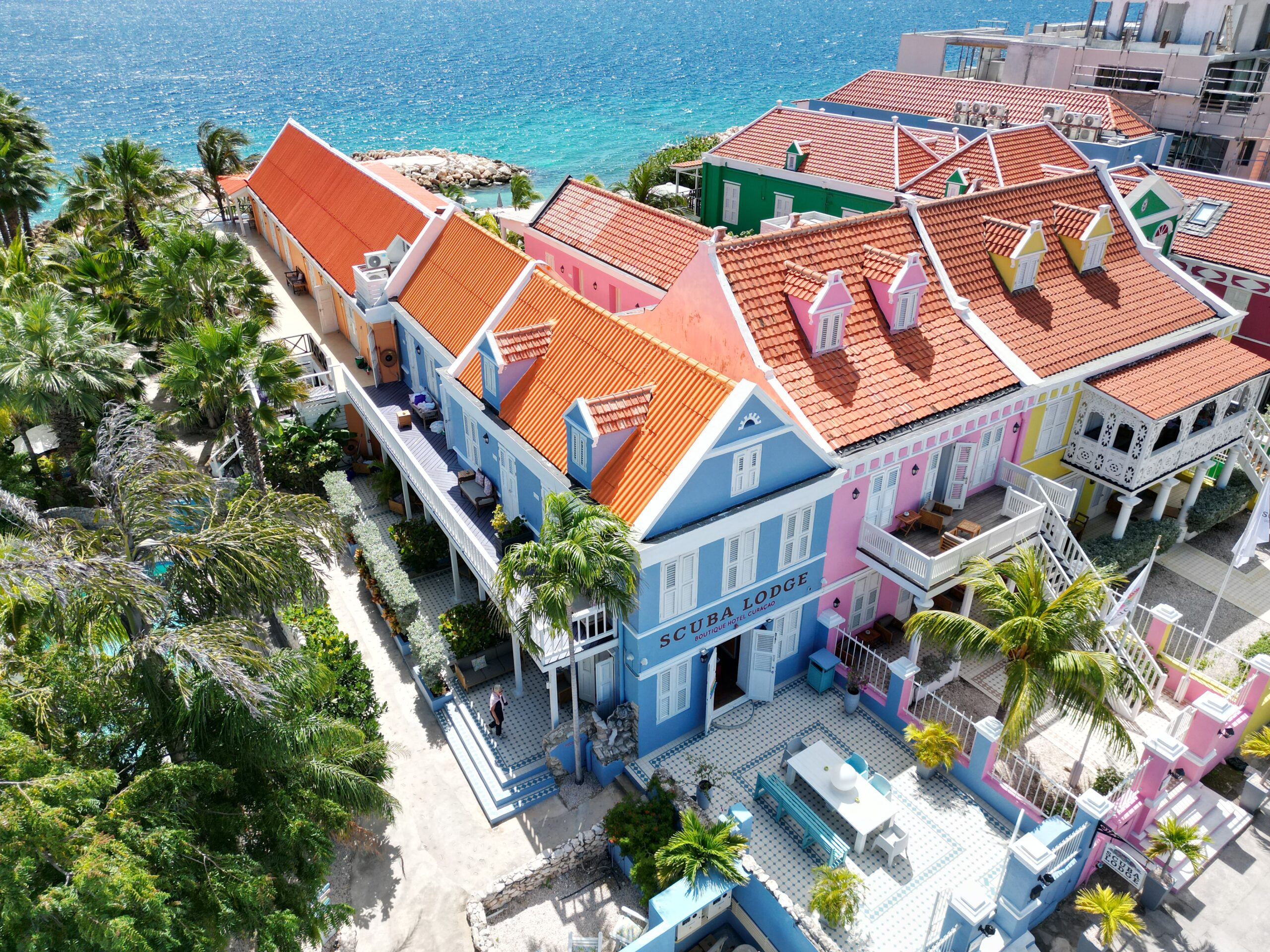Thinking about emigrating to Curaçao? You’re not alone. More and more people are choosing this sunny Caribbean island as their new home. With year-round warm weather, turquoise waters, and a vibrant culture, Curaçao is the perfect mix of Caribbean charm and European structure.
But moving abroad requires more than booking a flight. From permits and healthcare to housing and schools, preparation is essential. This guide covers everything you need to know about moving to Curaçao.
Why Move to Curaçao?
Curaçao is part of the Dutch Caribbean, known for its safety, strong infrastructure, and international community. Dutch and English are widely spoken, making it easier for expats to settle. Add to that low hurricane risk compared to other Caribbean islands, and you’ll see why so many people are making Curaçao their new home.
Look here for the best Flight Deals
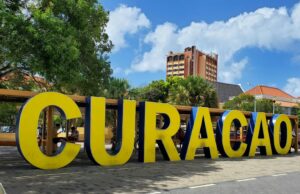
Do Your Research Before Moving
Before deciding to relocate, dive into the details:
-
Culture and lifestyle – relaxed, outdoorsy, and family-friendly.
-
Economy – driven by tourism, finance, shipping, and international trade.
-
Climate – tropical, with sunny weather all year round.
-
Cost of living in Curaçao 2025 – slightly higher than the Netherlands for imported goods, but cheaper for services, restaurants, and local produce.
Reading expat forums, Facebook groups, and government websites helps set realistic expectations.
Book here your accommodation for the meantime
Residency and Permits in Curaçao
Most newcomers need a residence permit (VVR), which allows you to stay legally on the island. Key requirements include:
-
A Certificate of Good Conduct (VOG) from your home country.
-
Proof of sufficient financial means through savings, employment, or pension.
-
A completed application (processing times can take weeks).
Transition tip: Apply well before your move to avoid delays.
A car is almost essential on the island, as public transport is limited. Book here your rental car
Deregistering from the Netherlands
Dutch citizens moving abroad for more than 8 months in a year must deregister from the BRP (Basisregistratie Personen).
-
Once deregistered, your Dutch health insurance stops, so arrange local or international coverage.
-
Children are no longer under Dutch compulsory education, so they must be enrolled in Curaçao.
-
Not sure about a permanent move? You can stay in Curaçao up to 90 days within 180 days without registering.
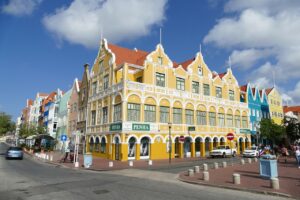
Registering in Curaçao
After arrival, register at the local government office to receive your Sedula (local ID card). This is essential for:
-
Opening a bank account.
-
Enrolling children in schools.
-
Signing rental or purchase contracts.
Discover family-friendly activities here
Housing in Curaçao
Renting a home in Curaçao
Most expats start with a short-term rental or vacation property to explore neighborhoods before committing. Popular areas include Jan Thiel, Mahaai, Bottelier, and Julianadorp.
Buying property in Curaçao
If you want to buy, keep in mind:
-
Banks often require 30–40% down payment.
-
Newcomers usually need their own funds.
-
The process can take longer if you don’t yet have a local bank account.
Tip: First book a car rental to explore different neighborhoods before choosing your home.
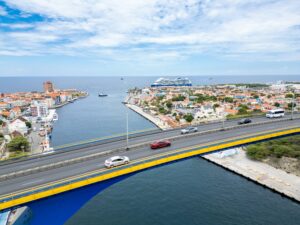
Shipping Your Belongings to Curaçao
You can bring furniture and household goods by sea freight. Well-known relocation companies include Meyer Moving, Carib Intertrans, and Atlas International Movers. Smaller shipments can be handled by SendCaribe or Worldwide Baggage Services. Transit times are usually 2–4 weeks, so plan ahead.
Find here The Best Restaurants in Curaçao
Schools in Curaçao
Education is an important factor for families moving abroad.
-
Public schools: Teach mainly in Dutch or Papiamentu. Examples include Meander and the Albert Schweitzer School.
-
Private schools: Options such as Schroederschool and Klein College with Dutch or bilingual instruction.
-
International schools: Teach in English, Dutch, or Spanish.
Many schools accept new students in January, at the start of the second semester, an ideal time for enrollment.

Learning Papiamentu
While Dutch and English are widely spoken, learning Papiamentu will help you integrate faster and build relationships with locals. Even basic phrases like greetings make a big difference.
Find here the Supermarkets in Curaçao
Transportation in Curaçao
Public transport is limited, so most residents own a car.
-
Road tax: Paid yearly, based on weight and fuel type.
-
APK inspection: Required to keep your car road-legal.
-
Insurance: At least third-party coverage is mandatory.
Not ready to buy? Long-term rentals are a flexible solution.

Healthcare and Insurance in Curaçao
Curaçao has reliable healthcare facilities, but you must arrange proper insurance. Some expats maintain international coverage, while others switch to the local health system once they have residency. Make sure your plan covers hospital stays and medication.
Finances and Banking in Curaçao
-
Opening a local bank account (MCB or Banco di Caribe) may take time, so keep access to funds abroad.
-
Buying property often requires personal savings since mortgage options for newcomers are limited.
-
Taxes in Curaçao: Learn about local regulations early to avoid surprises.
-
Always keep emergency savings for unexpected expenses.
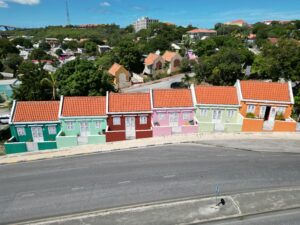
Working in Curaçao
If you plan to work on Curaçao you must meet the required permits. If you will be employed by a company on Curaçao, your employer must apply for a work permit on your behalf, and you will typically apply for the residence permit once the work permit is approved. Holding a residence permit alone does not give you the right to work. For entrepreneurs or freelancers who will be working remotely for clients or companies outside of Curaçao (i.e., not working for a local employer), the so-called remote-worker or digital-nomad route may apply, but this does not cover working for a local Curaçao-based business.
Always verify the most recent regulations with the local immigration and labour authorities, because the rules can change.
Book here your trip to explore Curaçao
Conclusion: Prepare Well, Enjoy More
Emigrating to Curaçao is a big adventure, offering sun, sea, and a fresh start. With the right preparation, permits, housing, finances, and schools, you’ll be ready to build a new life in paradise.
Ready to start? Explore our other guides on family activities in Curaçao, day passes at resorts, and renting a car in Curaçao to make your transition even smoother.
Disclaimer
Information is subject to change. No rights can be derived from this content. Please verify all details independently.
This page contains affiliate links.

